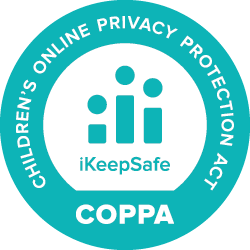Live Event: May 2, 2019 at 1:00pm Eastern (US)
Keri Bean is a Systems Engineer at NASA’s Jet Propulsion Laboratory (JPL) where she operates the Mars Rover Curiosity. She is also training lead for the future Mars 2020 rover. She uses her skills as an engineer to explore the solar system- and beyond!
About Keri
Name: Keri Bean
Title: Systems Engineer
Layman’s Title: Mars rover driver
Company: NASA’s Jet Propulsion Laboratory (JPL)
Years in this organization/position?
I’ve been at JPL for five and a half years, but I started working on operating spacecraft over 11 years ago while still in college.
What does your organization do?
JPL is a research facility where we build and operate spacecraft that study space. We study our home planet Earth, along with the rest of the objects in our solar system… and beyond!
What is your role in the organization?
I am one of the hundreds of scientists and engineers that work here at JPL on our Mars missions. Right now, I am training to be a Mars rover driver on the Curiosity Mars rover. I am also training lead for the next Mars rover, currently called Mars 2020. In that job, I am responsible for developing and implementing training for every operations role on the rover!
Describe your work and how it is important to society:
Exploration is a deep seated need in humankind. Working in the space industry helps expand our horizons and a lot of the technology developed for NASA ends up helping us right here on Earth. Plus, it’s really cool to come into work every day and know you’re one of the first people in the entire history of humanity to look at this particular spot on Mars!
What type of science, technology, engineering or math do you use in your career? And how often do you use them?
My job is very technical. I’m constantly on a variety of computers to do my work. I also do a lot of coding in very niche languages for commanding a spacecraft. A lot of the technology is actually older because it’s based on what’s available when these missions were developed, which could be 10 to 15 year old computers! I also have to keep up with engineering diagrams and science results to be able to better do my job.
What accomplishments are you most proud of in your current role?
I’ve gotten to drive a Mars rover! I’ve also had a role in getting back a lot of really cool science from the dwarf planet Ceres and from Mars, and it’s a very satisfying feeling to know that I’m helping expand humanity’s knowledge.
What projects or goals are you currently pursuing?
I’d like to continue on my path in management, but while continuing to be involved in spacecraft operations. I’ve often joked one day I’d like to be JPL’s director!
What are the biggest challenges you face in your work?
Every day is a new day and you don’t know what challenge you’re going to face. Sometimes you have to live on “Mars time” and since a Mars day is about 40 minutes longer than an Earth day, your schedule is going around the clock. Sometimes you’ll come in and then find out your spacecraft had a problem and you’re stuck at work for the next few days figuring it out. Sometimes the struggle is internal. JPL is an easy place to feel imposter syndrome, that feeling like you don’t belong and you are just faking it. But all of the challenges I mentioned are tackle-able, mostly because JPL feels a lot like a giant family and there’s a great support network here to help with any challenge you face.
What is the most exciting, most amazing, or scariest thing that has happened to you during your work?
I still remember the first time I actually got to tell Dawn what to do. It was a relatively routine instrument health checkup, but it was so exhilarating knowing that it was doing what I told it to do! Of course my first time moving Opportunity’s robotic arm around and my first time driving Curiosity was pretty exciting as well. I was moving something on Mars!
Highest degree attained/ Schools attended?
I got my bachelor’s in meteorology with minors in Earth sciences and math from Texas A&M University. I stayed there and got my master’s in atmospheric science as well.
Previous employers and positions that have lead to your current role:
While I was a student at Texas A&M University, my advisor Dr. Mark Lemmon got me very involved with working on Mars missions. During the very first week I was in college, he got me listening in to the planning meetings for Spirit and Opportunity. I started small research projects using data from those rovers pretty shortly thereafter. My first summer in college, I spent most of it working on the Phoenix Mars lander helping to process images. I also took a semester off in grad school to work on the Curiosity Mars rover, taking images and working as part of their environment science group. My master’s thesis was based on data from Spirit. Based on all my experience working on these Mars missions, I went straight from graduating with my master’s degree into working for JPL. When I started at JPL, I was working full time on the Dawn mission, which at the time was in cruise between the asteroids Vesta and Ceres. I was a part of the science operations team, working to make sure the science data was being taken properly. After a few years, I then joined the operations team for Opportunity where by the end of the mission, I had a handful of roles including training to be a Mars rover driver and senior Tactical Uplink Lead, aka the person in charge of the rover on a day to day basis. With the end of Opportunity and Dawn, I moved on to working in my current roles on Curiosity as a rover driver trainee and on Mars 2020 as the training lead.
Favorite classes/coursework in elementary school, middle school, high school, college:
I always remember liking my science classes and the occasional math class, throughout my entire education. I also liked my high school English classes. Even though I have a very technical job, having a great background in English has helped me write a lot of useful documentation to pass along what I’ve learned and to make clear procedures for others to follow.
What did you think you were going to be when you grew up at age 12? At age 15? At age 18?
I always loved meteorology, but I had no idea what to do with it. So I was always changing my mind. I wanted to be a TV meteorologist, then a storm chaser, then an Air Force meteorologist, then a hurricane hunter, etc. When I was between my sophomore and junior years in high school, I saw a space shuttle launch and that triggered my deep interested in space. I was completely torn when it came time to pick a college and major. Should I stick with meteorology? What about astronomy or engineering? I finally decided to stick with meteorology, and I’m glad I did because when I found out you could study the weather on other planets, it perfectly married my love of space and weather!
If you weren’t doing what you’re doing now, what other career(s) might you have pursued?
I’m pretty sure I would have become a marine biologist. I love turtles, and I have two red-eared sliders as pets at home. I just couldn’t emotionally handle working with sick or injured animals.
What are your favorite hobbies or activities you do for fun?
I am really into Star Wars! I am a member of the R2-D2 builders club, and I built my very own functional R2-D2! I also am a member of the Rebel Legion, which is one of a few Star Wars costuming groups. I am particularly drawn to Rey, so I tend to dress up as Rey or a Jedi. I go to local events dressed up or with my R2. I also spend a lot of time doing outreach and talking to people about what I do for JPL. I also take care of my pets, 2 cats (Misty and Pinto) and 2 red-eared sliders (Ketsu and Katan). Beyond that, I like surfing the internet, watching TV and movies, playing board games, and spending time with friends.
What advice would you give a student interested in pursuing your career?
You need to be good at being flexible and adapting to whatever is thrown your way. Almost everything I do now is not related to something I learned in school. There’s no major to take that immediately makes you a Mars rover driver. You need a good foundation in STEM, but otherwise everything else is on the job learning.
What advice would you give students in general?
Learn how to communicate effectively! I work with a lot of international partners, so I have to be clear and concise in my emails to them. I also write a lot of documentation and procedures, so they have to be very thorough but clear on the intent of each step. My other piece of advice is to never be afraid to approach someone! Send an email to a teacher or professor that is doing something you’re interested in. If I hadn’t sent my email to Dr. Mark Lemmon, I don’t know that I would have ended up working for NASA!
More on Keri:


